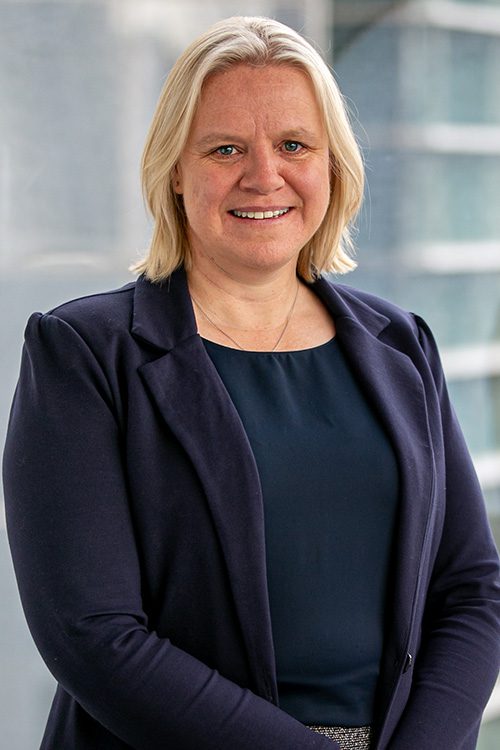On 6 October 2020 the Federal Budget was handed down and there were no real surprises either good or bad, although there were some items of interest for Medical Practices and Practitioners, as detailed by Belinda Hudson below.
COVID-19 Telehealth
As previously announced, the temporary MBS telehealth codes continue through to March 2021, as will other measures introduced to assist with treating COVID19 such as GP respiratory clinics. There is still no long-term plan for Medicare telehealth beyond the pandemic and a lot of previously announced initiatives seem to be on hold.
Mental health
There will be an increase in the Medicare subsidised psychological therapy sessions from 10 to 20, subject to some restrictions. It was noted in the Budget that this was particularly relevant to Victoria given the second outbreak of COVID19 and the effect of the subsequent lockdown on mental health, although it appears from ensuing announcements by the Health Minister, Greg Hunt, the increase in sessions is not limited to only Victorian patients.
Stronger Rural Health Strategy
The Stronger Rural Health Strategy will allocate $550m to providing opportunities for doctors to train and practice in rural and remote Australia. We await further details on what this will mean for practices in rural and remote areas, however, it seems a positive move for areas that have severe shortages.
Personal tax rates
The fast tracking of personal income tax cuts will see a handy tax saving for higher income earners in the 2020 year and further changes for subsequent years. From 1 July 2020, the top threshold of the 19% personal income tax bracket will increase from $37,000 to $45,000. The top threshold of the 32.5% personal income tax bracket will increase from $90,000 to $120,000. The highest tax bracket remains at $180,000 until the Stage 3 changes which won’t occur until 1 July 2024.
There was no change to the Division 293 threshold, so this remains at $250,000.
For full details on the personal tax cuts see visit our Federal Budget 2020-21 | Individuals page.
Extension of the instant asset write off
The instant asset write-off has been around for some time now and has now been extended through to 30 June 2022, allowing a 100% write-off for capital expenditure in the year of first use or installed ready for use.
Currently, small businesses can claim the entire balance of their small business pool, if the balance of the pool is less than $150,000 (for the 2020 year). Under the proposed measures, this threshold will no longer apply, so the entire balance of the small business pool can be claimed. You may consider the use of asset financing to take advantage of this write-off, depending on the type of asset finance will determine deductibility, so please check before making a decision. While you don’t get the write-off until you lodge your tax return, you do have the ability to vary PAYG instalments based on estimates of income so can pre-empt the write-off.
Loss carry-back rules
The new loss carry-back rules allow companies to utilise losses in FY20, FY21 and FY22 to offset profits made in FY19. This will only apply to those practices that operate via a company, or utilise a company within their group structure, so will have limited impact for those that utilise trusts. The loss carry-back changes will have an impact on franking accounts and dividend payments so will need to be looked at in detail.
JobMaker
A subsidy will be available for employers who hire new employees aged 16-35 who have previously been on JobSeeker. Further details to come on eligibility.
Victorian business support grant
The Victorian Government’s business support grants for small and medium business will be non-assessable, non-exempt (NANE) for income for tax purposes. This treatment will be limited to grants announced on or after 13 September 2020 and for payments made between 13 September 2020 and 30 June 2021.
The Commonwealth will extend this arrangement to all States and Territories on an application basis for similar future small and medium business grant programs.
If you would like further information on how the Federal Budget affects you, then please speak to your local William Buck Advisor.




































